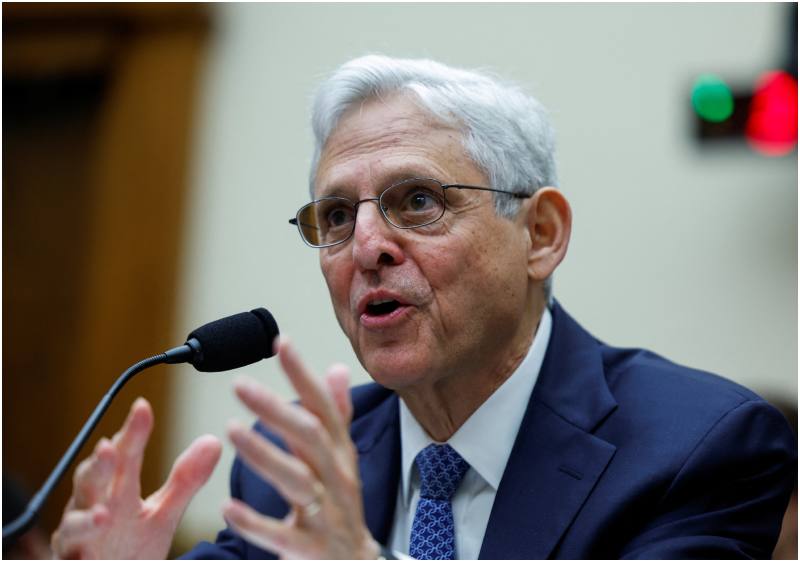The Council on American-Islamic Relations (CAIR) filed a lawsuit on Monday against U.S. Attorney General Merrick Garland and other federal officials, alleging that two Palestinian-American activists were wrongfully placed on a terrorism watchlist due to their advocacy and activism against Israeli military actions.
The suit claims the placement was politically motivated and violated the activists’ constitutional rights.
The lawsuit centers on the experiences of Dr. Osama Abu Irshaid and Mustafa Zeidan, who were listed in the federal government’s Terrorism Screening Database.
According to the complaint, both men believe their outspoken support for Palestinian rights led to their inclusion in the database, causing significant harm to their personal and professional lives.
Allegations of Unlawful Searches and Due Process Violations
Dr. Abu Irshaid, a prominent activist and U.S. citizen, faced years of repeated searches and delays during his travels as a result of his placement on the watchlist. The lawsuit argues that these actions violated his Fourth Amendment rights by subjecting him to unreasonable searches.
Additionally, the complaint alleges that by compelling Abu Irshaid to unlock his electronic devices, federal agents infringed upon his Fifth Amendment right against self-incrimination.
Mustafa Zeidan, another U.S. citizen, was placed on the no-fly list in 2023, which prevented him from visiting his diabetic mother abroad. The lawsuit asserts that Zeidan was denied his Fifth Amendment right to due process, as he was never informed of the reasons behind his placement on the list. Zeidan’s placement allegedly occurred only after he began participating in pro-Palestinian protests, further suggesting political retaliation.
Broader Concerns About Watchlist Practices
The legal action highlights a growing concern over the expansion and management of terrorism watchlists in the United States. According to a 2023 Senate Committee report, the number of individuals listed in federal watchlists surged from 150,000 in 2004 to approximately 1.8 million by 2022. The report also noted that the Department of Homeland Security provides little to no information to individuals regarding why they are subjected to additional screening, leaving them uncertain about future travel experiences.
Legal and Constitutional Implications
This lawsuit is part of a broader legal battle against the constitutionality of no-fly lists and other watchlists. In early 2024, the U.S. Supreme Court ruled in FBI v. Fikre that Yonas Fikre could challenge his previous placement on the No Fly List despite his subsequent removal. CAIR’s Executive Director hailed that decision as a significant victory for American Muslims unjustly targeted by secret government watchlists.
Monday’s lawsuit takes the challenge further by seeking a declaratory judgment that the plaintiffs were unlawfully placed on the terrorism watchlist. It also calls for transparency in the process of placing individuals on such lists, demanding greater accountability from federal agencies.
The outcome of this case could have significant implications for civil rights protections and government practices related to terrorism watchlists, particularly as they pertain to political speech and activism.
Legal experts and civil rights advocates will closely monitor the proceedings, which could set new legal precedents in the ongoing struggle over the balance between national security and constitutional rights.

